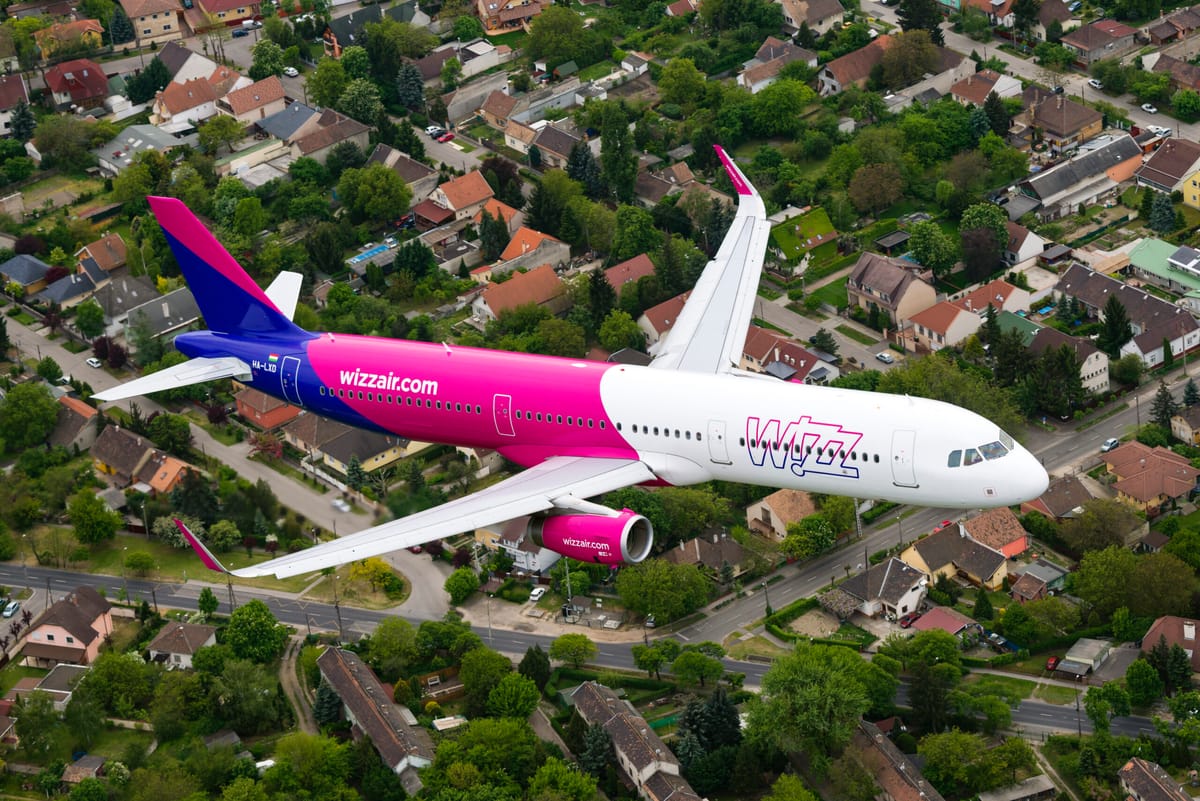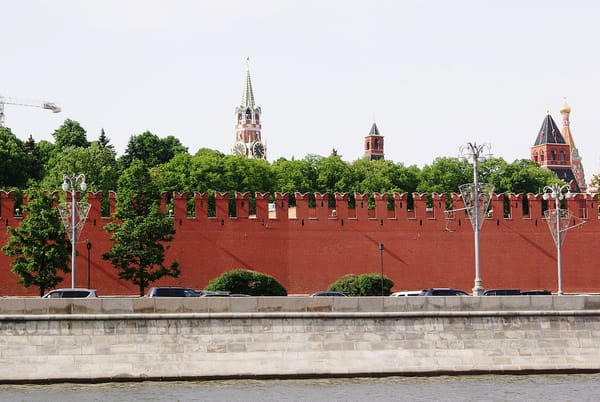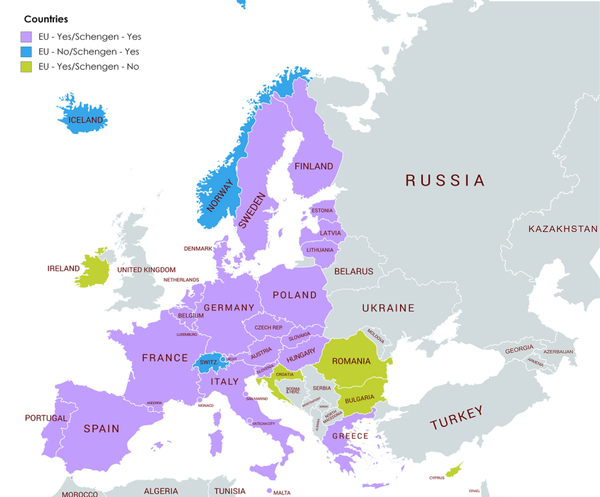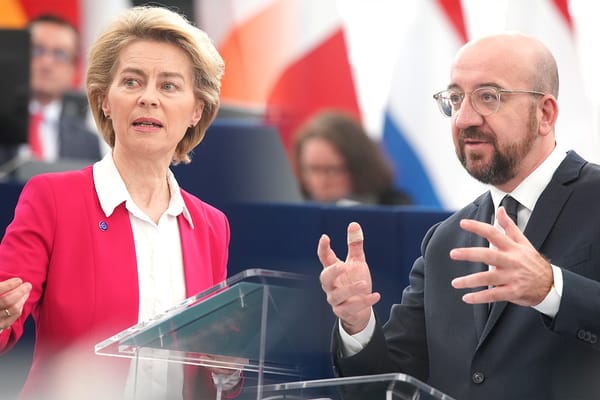
Discount flyers want fairer fuel deal
A group of four European budget airlines have allied to lobby against them shouldering the bulk of the cost of the EU’s Emissions Trading System (ETS) aviation fuel reform. Ryanair, easyJet, Jet2 and Wizz Air say they support climate goals for every flight from Europe – not just internal EU flights – should be subject to the same carbon taxation. Airlines operating transfer and long haul flights should not receive exemptions – as they have requested – nor ETS or fuel subsidies, say the low-cost air carriers, who have allied with sustainable transport NGO the European Federation for Transport and Environment (T&E).
According to T&E, 80-90% of intra-EU carriers’ emissions are subject to the ETS, whereas long-haul carriers only purchase credits for around 19%.
Wizz Air and others say the EU’s proposal to reform the ETS could favour flights to destinations outside the EU, which they say are responsible for over 60% of emissions. Of these, long-haul flights cause 51% of European aviation emissions, meaning trips by discount airlines within the EU would foot a large proportion of the CO2 bill.
The International Energy Agency says aviation produces approximately 3% of the world’s annual GHG emissions. That’s why Europe’s air travel industry is also on the radar of the European Commission’s ‘Fit for 55’ package, which aims for Europe to become the world’s first climate neutral continent by 2050 and was unveiled last July.
The European Commission’s proposed legislation on aviation would insist on blending sustainable aviation fuel (SAF), end free carbon allowances, and impose a possible border adjustment tariff; all of which would increase costs.
To ensure a level playing field, the discount airlines say all of their industry peers should be subject to the SAF blending mandate. For their part, full-price airlines say forcing flights beyond the borders of the EU to do that will hit the competitiveness of European airlines, and non-EU airlines will just choose to refuel somewhere else.
Ryanair Group CEO Michael O’Leary said ETS reforms on aviation should “apply equally to all flights, regardless of destination or distance. There is no justification to exempt any flights, especially the most polluting indirect ones which require at least two flights to reach their destination, and/or connect onto long-haul flights”.
According to Wizz Air Group CEO Jozsef Varadi: “all airlines (should) play their part in decarbonising the aviation industry” The EU’s decarbonisation policy ‘Fit for 55’ offers aviation an opportunity to tackle climate change, he added, “but to be effective, the measures must apply to all departing flights, regardless of the final destination” .
Fit for 55 represents a challenge for Europe’s discount flyers, which have seen major disruptions due to the COVID:19 pandemic. While Europe’s largest airline Ryanair recently announced plans to restore all of its flights from Zagreb, Croatia – and even add some destinations – in December Hungary’s Wizz Air cancelled 84 services.
Source: DailyNewsHungary, Transport & Environment





